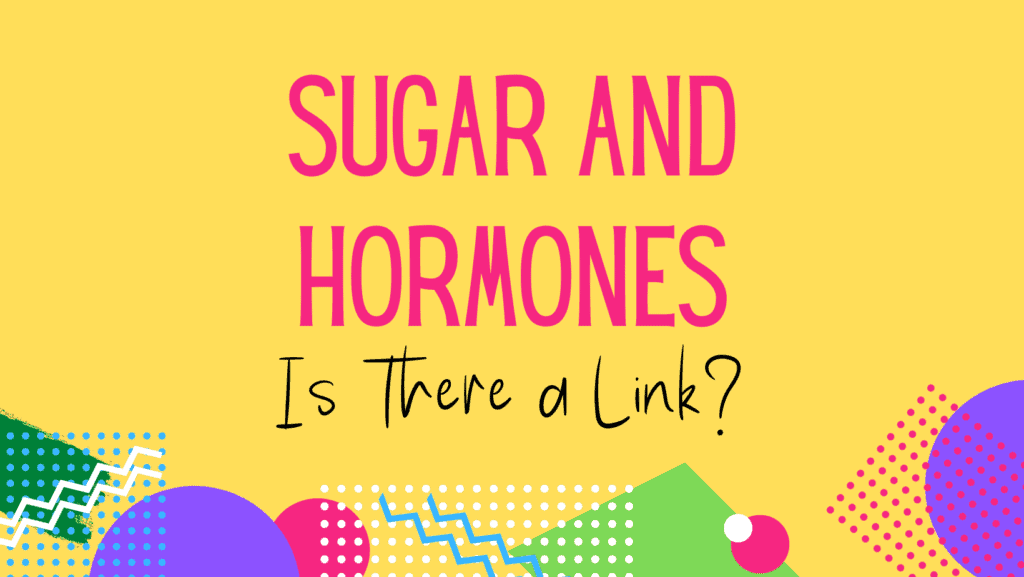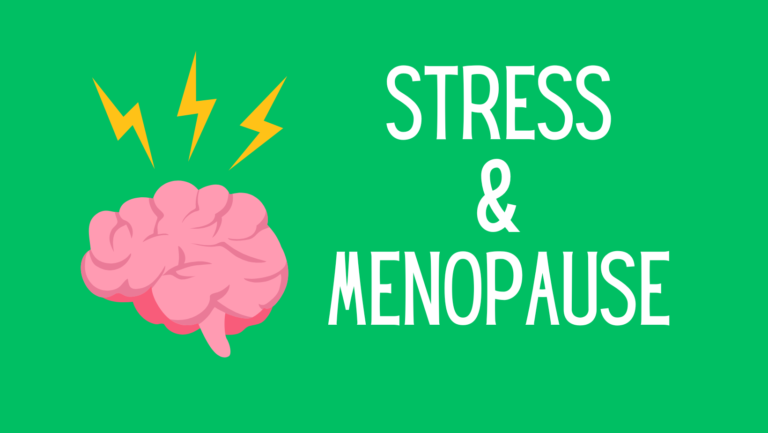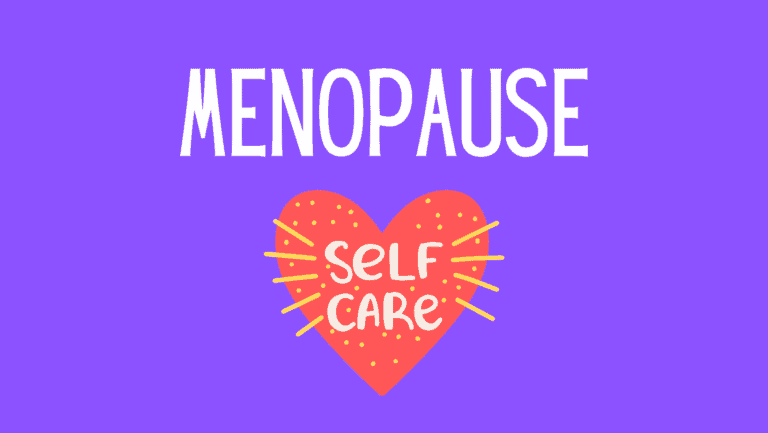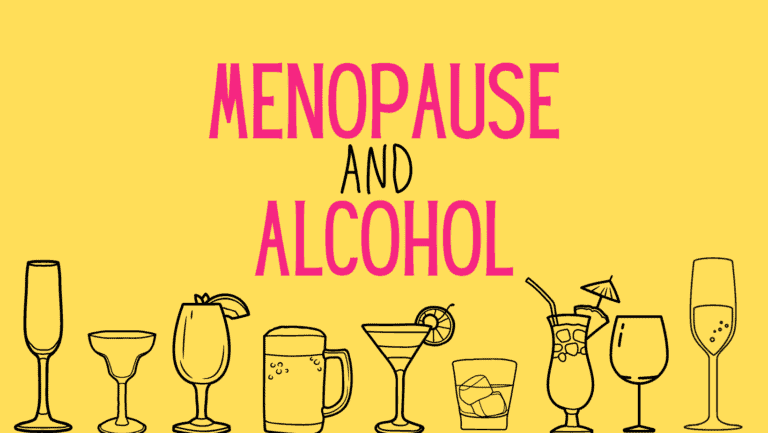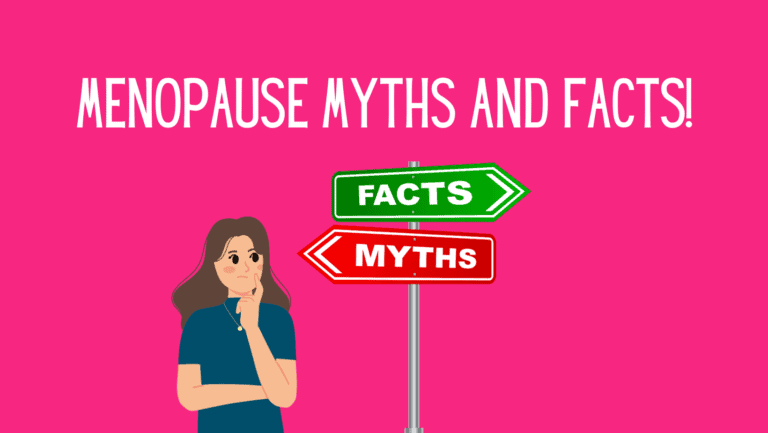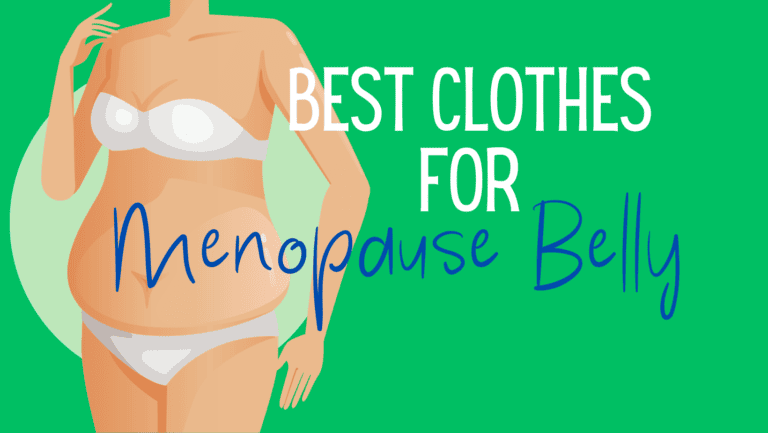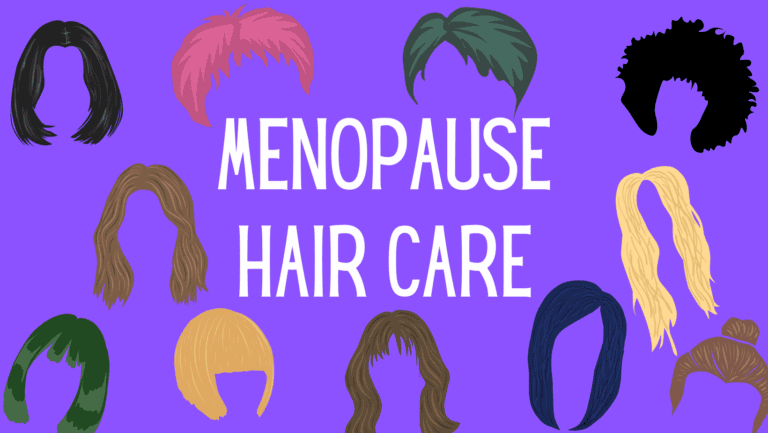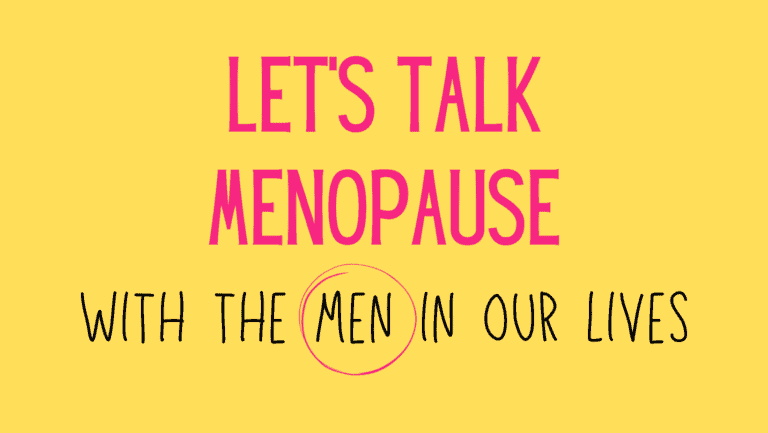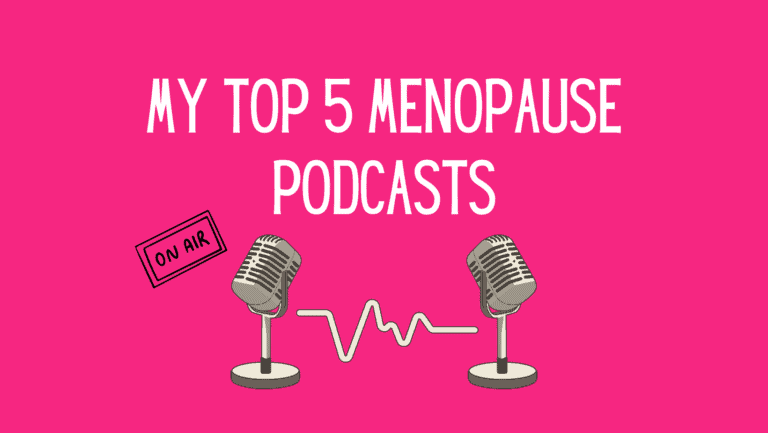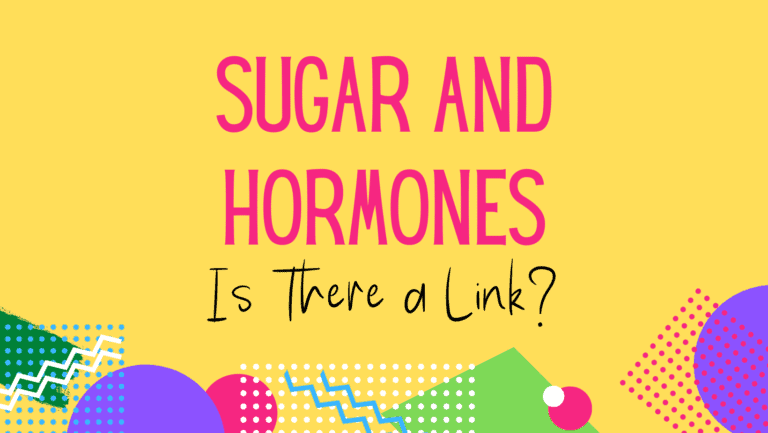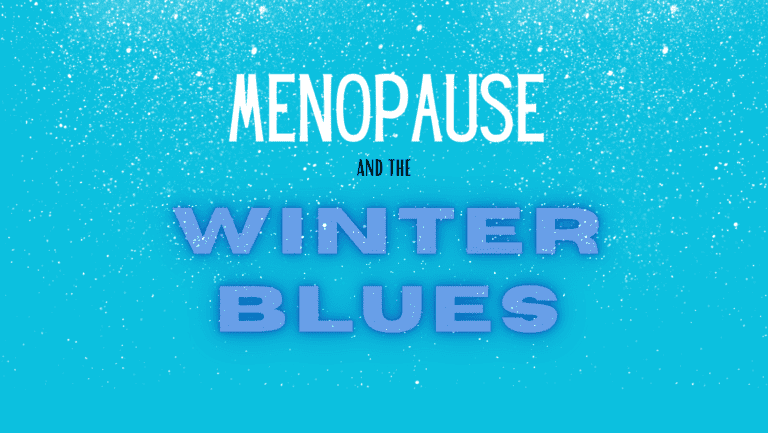When considering sugar and hormones I wanted to know if there is a difference between our normal everyday part of life and those menopausal stages.
We all know that menopause and perimenopause can be incredibly overwhelming experiences for us ladies.
There are so many symptoms that can arise during this time.
During this time, hormones and your relationship with food fluctuate outrageously.
While it’s so important to maintain a healthy diet, certain foods—like sugar—can have an even more profound impact on your hormone levels than you may realise.
In today’s blog post, I am going to look at how sugar affects your body during menopause and perimenopause.
I am also going to tell you a bit about my sugar revolution and a couple of hacks I have been using to cut down on my addiction to sugar.
I will also look at why you need to pay close attention when eating it, and what smart substitutions you can make in order to keep your health in check while still enjoying the sweet things in life.
Understanding Menopause and Perimenopause

Perimenopause is the time leading up to menopause when our estrogen and progesterone levels start decreasing.
In this time we see really annoying perimenopause symptoms like hot flushes, joint pain, brain fog, anxiety and many more.
If you want to dive into those symptoms, check out my perimenopause symptom checker.
Perimenopause can last for up to 10 years before you transition into menopause. You are considered to be in menopause 12 months after your last period.
The Role of Hormones During Menopause and Perimenopause

Menopause and perimenopause can be quite a journey, to say the least.
I had such a host of symptoms that I didn’t know if I was coming or going.
So, what’s the deal with hormones?
Well, to put it simply, hormones play a major role during this time. As we age, our ovaries do too. This means estrogen levels decrease.
And boy, do we ladies know it!
These hormones help regulate ovulation, menstrual cycles, and bone density to name a few.
But, even though they decrease, they don’t disappear entirely.
So, while it might feel like we are all on a wild rollercoaster ride, it’s important to remember that hormones are still there, just in smaller amounts.
The Link Between Sugar and Hormones

I was shocked to learn that there is a surprising connection between high blood sugar and hormones during menopause and perimenopause.
Consuming high levels of sugar can trigger a whole host of hormonal responses, so I wanted to take a bit of a closer look.
Can I still eat sugar? What about refined sugar?
How Sugar Impacts Hormone Levels

When you consume sugar, your body’s blood sugar spikes, prompting your pancreas to release insulin.
This insulin helps cells absorb sugar from your bloodstream. However, frequent sugar spikes can lead to insulin resistance over time.
In relation to menopause, insulin resistance can elevate those dwindling estrogen levels, exacerbating the hormonal imbalance already in play.
This in turn can amplify the typical symptoms of menopause such as hot flushes, mood swings, fatigue and sleep disturbances.
So the next time you reach for that sugary treat, it might be worth considering the potential hormonal domino effect it could set off.
I have a great video to share with you that I found on this topic, have a watch of this when you get a second. It talks about insulin, insulin spikes and importantly what you can do to help.
The Effects of Sugar on Menopause and Perimenopause
Sugar and Hot Flashes: Is There a Connection?
I would be confident in saying that there is a connection between sugar and hormones
Too much sugar consumption can lead to insulin resistance, which can lead to hormonal imbalances that can cause hot flushes.
So, if like me, you’re feeling like a human torch most days, it might be time to take a closer look at what you are eating.
But worry not, there are plenty of delicious and nutritious alternatives to satisfy your cravings without sabotaging your health, or your temperature.
Mood Swings and Sugar Cravings
I have definitely had those moments where the only thing that can satisfy my cravings is a sweet treat.
But have you ever noticed a connection between your mood and those sugar cravings?
I know when I have had a rough day the only thing that works is a massive chocolate bar!
Eating sugar can provide a temporary boost in serotonin, a neurotransmitter that regulates mood, which explains why we might turn to sweets when we’re feeling a bit down in the dumps.
However, this quick fix can lead to a sugar crash and ultimately make us feel even worse.
So the next time you feel the urge to indulge in a sugary snack, take a moment to check in with yourself and see if it’s really what your body needs.
Maybe a walk in nature, a chat with a friend, or some relaxing music could be a better mood booster in the long run.
But please remember to not beat yourself up if you do cave and have a little something sugary. In this new stage of our lives, beating ourselves up if we slip, is not helpful.
Weight Gain During Menopause: Does Sugar Play a Role?
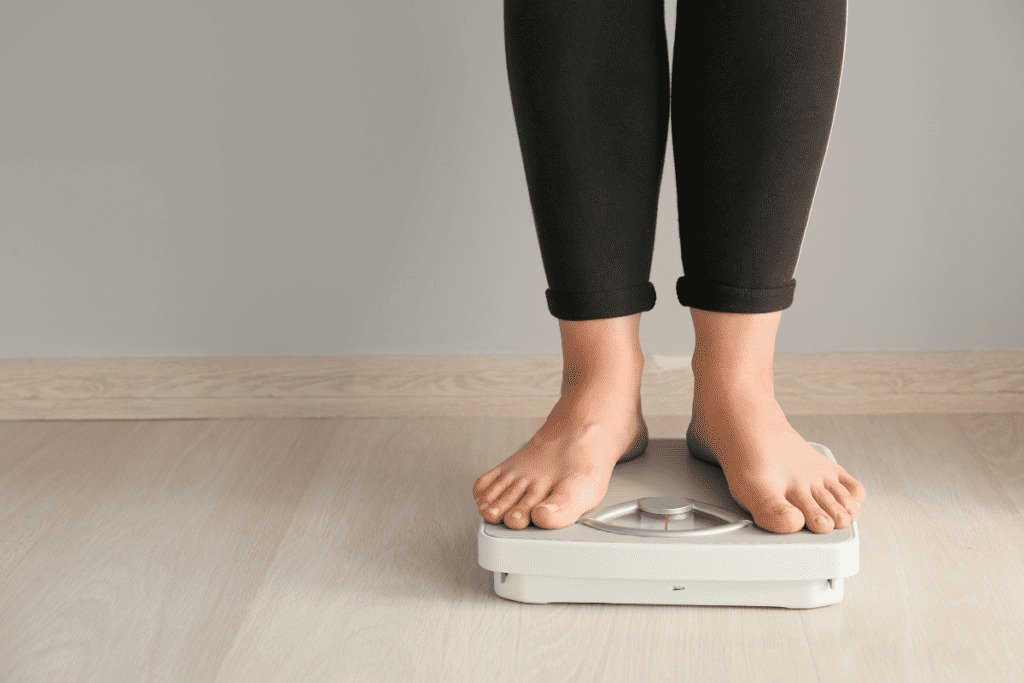
Yes, sugar can play a significant role in weight gain during menopause.
As us ladies age and go through menopause, our hormone levels shift and can cause changes in our metabolism, making it easier to gain weight.
To add to this challenge, many women also experience an increase in appetite and cravings for sugary foods during this time due to hormone fluctuations.
I have always been like this, every month before my period I crave chocolate, or anything sweet to be honest.
This combination of sugar and hormones can make it challenging to maintain a healthy weight during menopause.
It’s important to listen to your body and find balance in your diet, focusing on whole foods and limiting processed sugars to help manage weight gain.
Healthier Alternatives to Sugar

Honey
The Good: Contains antioxidants and anti-inflammatory properties, which can help boost the immune system. I love honey so much, it has been a real struggle not to eat too much of it.
The Bad: High in calories and sugar, may cause blood sugar spikes for those with diabetes or insulin sensitivity.
Maple Syrup
The Good: Contains essential nutrients such as zinc, potassium, and calcium and tastes amazing!
The Bad: High in calories and sugar, potential to cause tooth decay.
Stevia
The Good: Zero calories, does not affect blood sugar levels.
The Bad: Can have a bitter aftertaste for some people.
Date Sugar
The Good: Made from whole dates, contains fibre and essential minerals such as potassium and magnesium.
The Bad: High in calories and can still cause blood sugar spikes due to high fructose content.
Coconut Sugar
The Good: Contains small amounts of essential minerals and a lower glycemic index compared to regular sugar.
The Bad: Still high in calories and should be consumed in moderation.
Other Healthy Swaps for Sugar
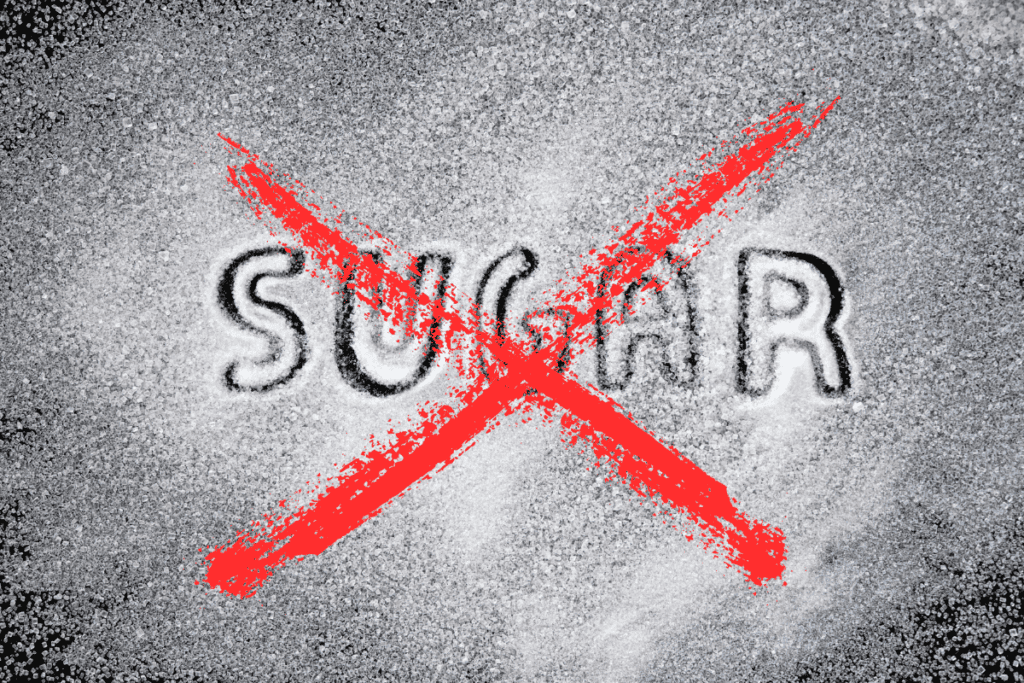
Apart from natural sweeteners, there are also other ways to reduce your sugar intake without sacrificing taste. Here are some suggestions:
Use spices like cinnamon, nutmeg or cardamom to add natural sweetness to dishes. I add cinnamon to my greek yoghurt and it really does sweeten the dish.
Swap out sugary drinks for infused water with fruits and herbs. This is really hard to do so you can go for sparkling water with some frozen berries in there. It works for me.
Add more protein and healthy fats to meals, which can help keep you feeling full and reduce cravings for sweets.
Opt for dark chocolate instead of milk chocolate, as it contains less sugar and higher levels of antioxidants. I started out with 70% dark chocolate with tiny bits of caramel in it, the slowly changed to just 70% dark chocolate and now I love it so much. 2 squares on a night after dinner. Yum!
Experiment with alternative flours like almond or coconut flour in baking, which have a lower glycemic index than traditional white flour.
By making small changes and being mindful of your sugar intake, you can support hormone balance during menopause and perimenopause while still satisfying your sweet tooth.
Sugar and hormones do not always have to be close friends!
Remember to always listen to your body and find what works best for you in maintaining overall health and well-being.
Frequently Asked Questions
Can Cutting Out Sugar Reduce Menopause Symptoms?
While there is no direct evidence that cutting out sugar can reduce menopause symptoms, it can support overall hormone balance and potentially alleviate some symptoms indirectly.
Excess sugar intake can lead to weight gain and inflammation, both of which can worsen menopause symptoms such as hot flashes and mood swings.
When it comes to battling fatigue and reducing your sugar consumption, you may also experience improved energy levels and better
What are the Best Sugar Alternatives for Menopausal Women?
I have covered some examples of this in the blog post but it is worth noting that the best sugar alternatives for menopausal women are those that have a low glycemic index and do not spike blood sugar levels.
These include stevia, monk fruit, and erythritol.
Natural sweeteners such as honey and maple syrup can also be used in moderation.
It is important to note that while these alternatives may be healthier options than traditional white sugar, they should still be consumed in moderation.
I know we all love the sweet stuff but moderation will be key!
How Can I Start Reducing My Sugar Intake?
Earlier in the post I showed you a video but you need to check out this book called The Glucose Goddess Method.
It is a 4 week programme to give you small hacks on how to seduce the amount of sugar (glucose) you have in your body.
By the way, this isn’t about stopping eating yummy things, it’s about how to use the hacks so you don’t get an spike in insulin.
Check it out it will help.
Sugar and hormones are clearly well linked but it doesn’t mean that you have to give up all the good stuff.
The hacks I use to make sure sugar and hormones dont run my life are all in the book, but if you want a quick guide, check out the below video.
Her advice has truly changed my life. No jokes.
Kathryn x
Table of Contents
Disclaimer: I am not a medical professional, herbal or physical therapist, and I am not educated in the menopause space. All opinions expressed on this blog are my own and should not be taken as medical advice. This blog is intended to share my personal experiences and insights, and should not be used as a substitute for professional advice. Please consult a qualified medical professional, herbal or physical therapist for any health-related concerns. Additionally, I strive to keep things light and entertaining, but please keep in mind that the topics discussed on this blog may be sensitive or triggering for some readers.
Get Your Free Perimenopause Symptom Checker
Thank you!
Your symptom checker is on its way to you!
